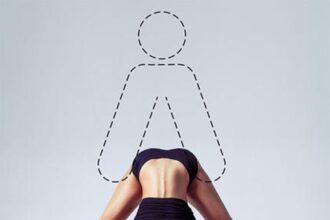The “best” time to have sex depends on what you’re aiming for — physical pleasure, emotional connection, fertility, or even health benefits. However, science and psychology offer some general guidance on timing that might enhance both satisfaction and intimacy.
Contents
1. Morning: A Hormonal High
- Why it’s ideal: Testosterone levels are at their peak in the early morning (around 6–9 a.m.) for both men and women.
- Benefits: More energy, better endurance, and stronger orgasms. Morning sex can also boost mood and reduce stress for the rest of the day.
- Bonus: It’s a natural alternative to coffee — oxytocin and dopamine released during sex can leave you feeling energized.
2. Afternoon: Midday Escape
- Why it’s good: Cortisol levels are still high, helping with arousal.
- Best for: Quick, spontaneous encounters. It can break up a stressful workday or deepen emotional bonds during downtime.
3. Evening: Romantic Rhythm
- Why it’s common: Most couples naturally gravitate to night due to routine and privacy.
- Benefits: More time to relax, unwind, and focus on connection. Setting the mood with low lights and comfort can heighten intimacy.
- Drawback: Fatigue from the day might reduce energy or interest for some.
4. Best Time for Conception
- If you’re trying to get pregnant, timing matters:
- The most fertile window is during ovulation — typically days 12–16 of a woman’s cycle.
- Morning or afternoon sex during this window may be slightly more effective due to higher sperm quality earlier in the day.
Conclusion
There’s no single “perfect” time — it depends on your schedule, energy levels, goals, and connection with your partner. But if you want to optimize both pleasure and health, morning sex may be the sweet spot, while evening remains the most emotionally intimate. The best time? When both of you want it.














